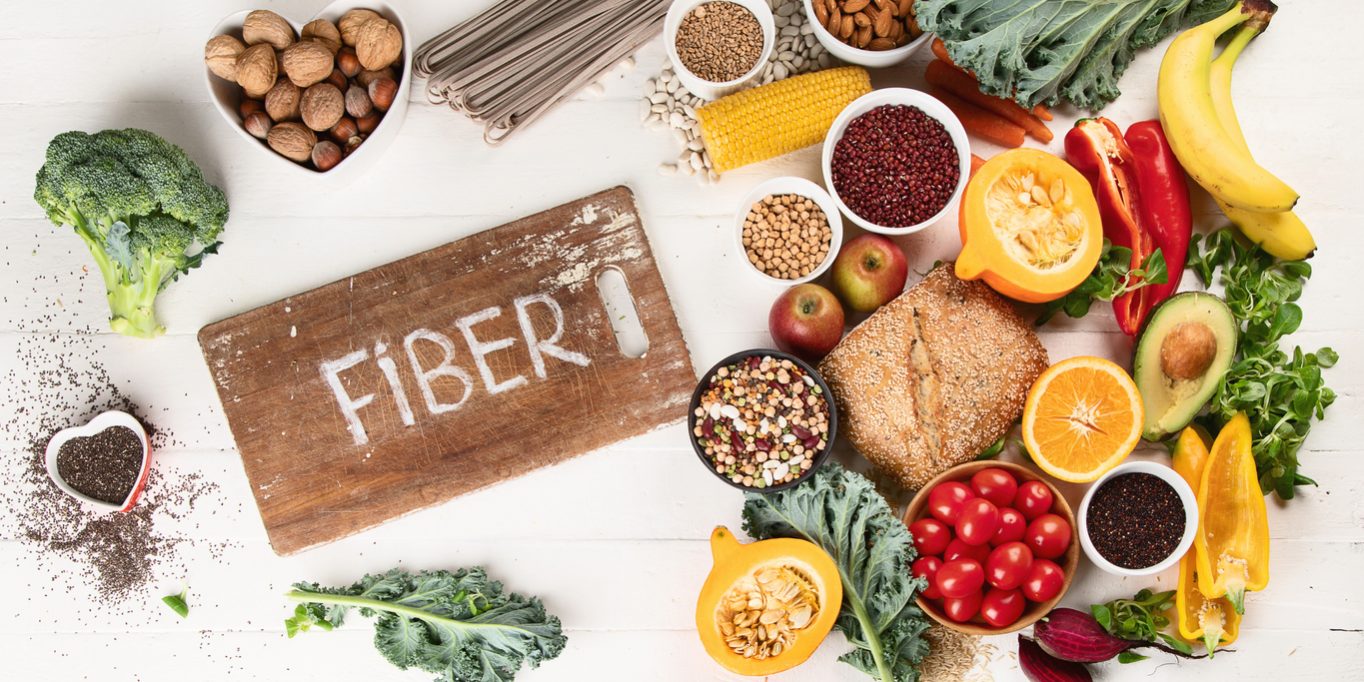In order to sustain a healthy and well-balanced body, it’s important to maintain a rounded diet. This includes consuming vitamins and nutrients that can provide you with what you need. From potassium to calcium, there are a lot of ingredients that help you to feel good, and fiber is one of them. But what exactly is dietary fiber? Why is fiber good for you?
It’s time to shed some light on dietary fiber and help you understand why it’s essential to ensure you’re getting enough. To speak with a gastroenterologist in Los Angeles, get in touch with Dr. Tabib today!
About Dietary Fiber
Fiber isn’t just a microscopic thing that makes up fabric; it’s also an ingredient in many healthy food items. Mayo Clinic recommends that you eat enough fiber to regulate your digestive system.
Fiber isn’t absorbed in the body like other nutrients. When you consume vitamins, fats, and minerals, the body knows how to break it down and use it for energy and strength. However, fiber is not digestible. It merely passes through your system and isn’t absorbed into your body.
How is something you can’t digest good for you?
Essential Plant Matter
Have you ever had a parent or a relative talk about how you need to eat more “roughage” or “bulk foods”? What they’re really talking about is fiber. Fiber comes from plants and contains the thick parts of plants that you don’t normally consume or digest. There are actually many reasons why fiber is good for you. It acts as a natural cleanser, helping to rid the body of toxins and make it easier for you to digest other foods.
Some of the biggest benefits of fiber include:
- Fiber scrubs your intestines as it moves through them, ridding them of wasteful substances and clearing the way for more food to be digested later.
- Sugary foods absorb more slowly after eating fiber. Fiber makes it more difficult for sugar crystals to latch on, which can help you to regulate your glucose. This is important because you do not want your levels of glucose to rise or fall too rapidly.
- Fiber keeps your bowel movements regular and normal. Nobody likes to think about going to the bathroom, but it is something that you must do regularly in order to have a healthy body.
Plus, fiber can help you lose or maintain weight. It’s nature’s scrub brush, acting as a plant-based filtration system to help regulate everything else that goes on with your body’s digestive system.
But there are different types of fiber. Research from Healthline warns against the over-consumption of “bad” fiber versus “good” fiber. How can we tell whether the fiber we’re eating is good for you or not?
The Different Types of Dietary Fiber
There are many different types of fiber that you can come across in an average diet. Let’s break down these types to determine which fiber is healthy, and which can be done without.
Soluble fiber is a type of fiber that naturally dissolves in water. This fiber includes grains, citrus, fruits, carrots, and beans. It creates a gel-textured coating in the body, helping to reduce the absorption of sugar and ensures that glucose and metabolism levels remain healthy.
Insoluble fiber, by definition, does not dissolve in water. This type of fiber cannot break down. Find insoluble fiber in whole wheat, nuts, vegetables, green beans, and potatoes. Its function is to pass through your digestive system to make it easier for other waste to pass more smoothly.
Soluble fiber is recommended for those who are looking to regulate their diets, control their sugar levels, and maintain a healthy weight. However, if you are constipated or having trouble passing waste, insoluble fiber is your best bet.
Both types of fiber can have some serious benefits to your body. Reach out to Dr. Tabib and start your fiber-filled journey towards health and well-being.
Gastroenterologist in Los Angeles
Have you been staying away from fiber? Are you not sure which foods have the kind of fiber that would help you the most? Make an appointment with your gastrointestinal doctor, Dr. Tabib, and we can help you find the perfect dietary plan. Please contact us online or give us a call at (310) 683-4911 to make an appointment. Begin the path to good health today!



